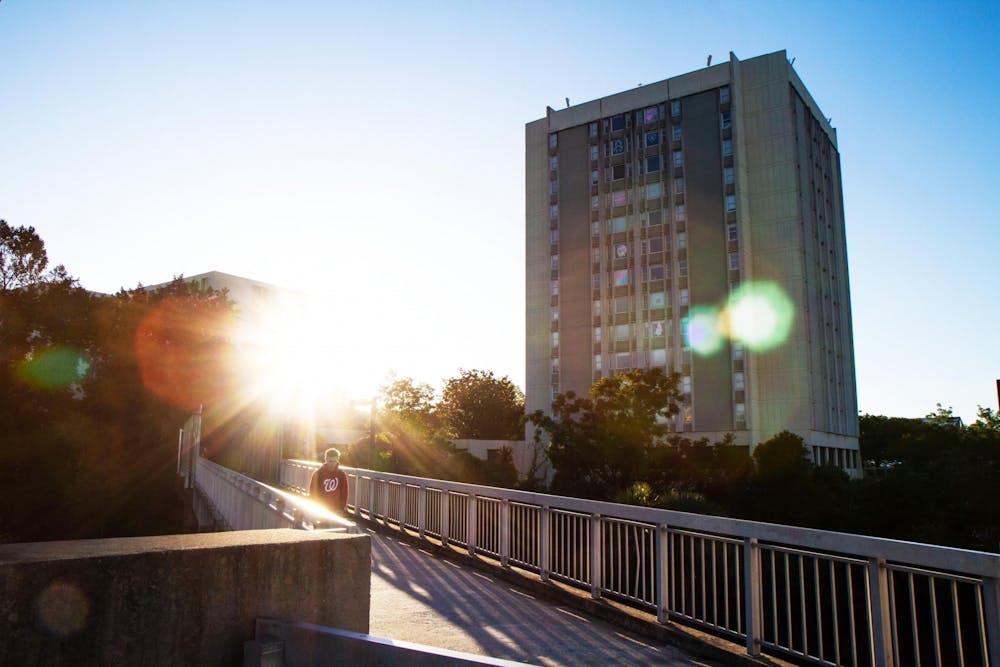If you test positive for COVID-19, you should be thinking about hunkering down and isolating immediately instead of going home.
It’s understandable that some people would rather spend their time in quarantine with their families, especially if the virus is hitting them hard. Even if their family has to stay away from them the whole time, just being in the presence of loved ones can make an emotional difference. Plus, some may feel they can avoid the added stress of moving into a quarantine dorm for 14 days by going home.
The vast majority of other American colleges, at least the ones that haven't already spectacularly failed and gone only online for the whole semester, are insisting their students quarantine within a residence hall or apartment.
The Ohio State University students are quarantined within their residence hall and given meals by university staff. Most public and private colleges in Minnesota have residence halls set aside for students who test positive and ask them to stay there to quarantine. Even more schools make students quarantine in their own dorm rooms, even if they don’t have a specific residence hall for COVID-19-positive students.
It is far less likely that students in college have pre-existing conditions that will make the coronavirus deadly or extremely harmful to them compared to older family members such as students’ parents or grandparents. It is more common for older people to have serious heart issues, type 2 diabetes, cancer or chronic kidney disease. These are all proven to make the coronavirus more deadly. While it is not impossible for a college-aged person to have any of these complications, they are seen much more in older age groups — the age groups students would be going home to.
Forty-four percent of undergraduate students are also from out-of-state, meaning that if all COVID-positive students were to quarantine at home, a little under half will have to do some traveling. That would mean potential spread to gas stations, rest stops, bus stops or — God forbid — airports if these students were to go home. This will mean bringing COVID-19 cases to states that may have gotten the pandemic under control more than South Carolina.
Only 10 states are showing a current downward trend in cases, and 19 are holding steady with their current caseloads. Students leaving USC to quarantine at home could damage the delicate balance some states have managed to find or hinder the decrease others have miraculously managed.
We have residence halls set up specifically for students that will need to quarantine. Why go home? Yes, it may take up more resources and money to stay, but are those not resources our tuition pays for? Students can't exactly be locked in their rooms, and they leave to infect others during that period. But, it's better than sending them off to infect others on the way and in their homes.

